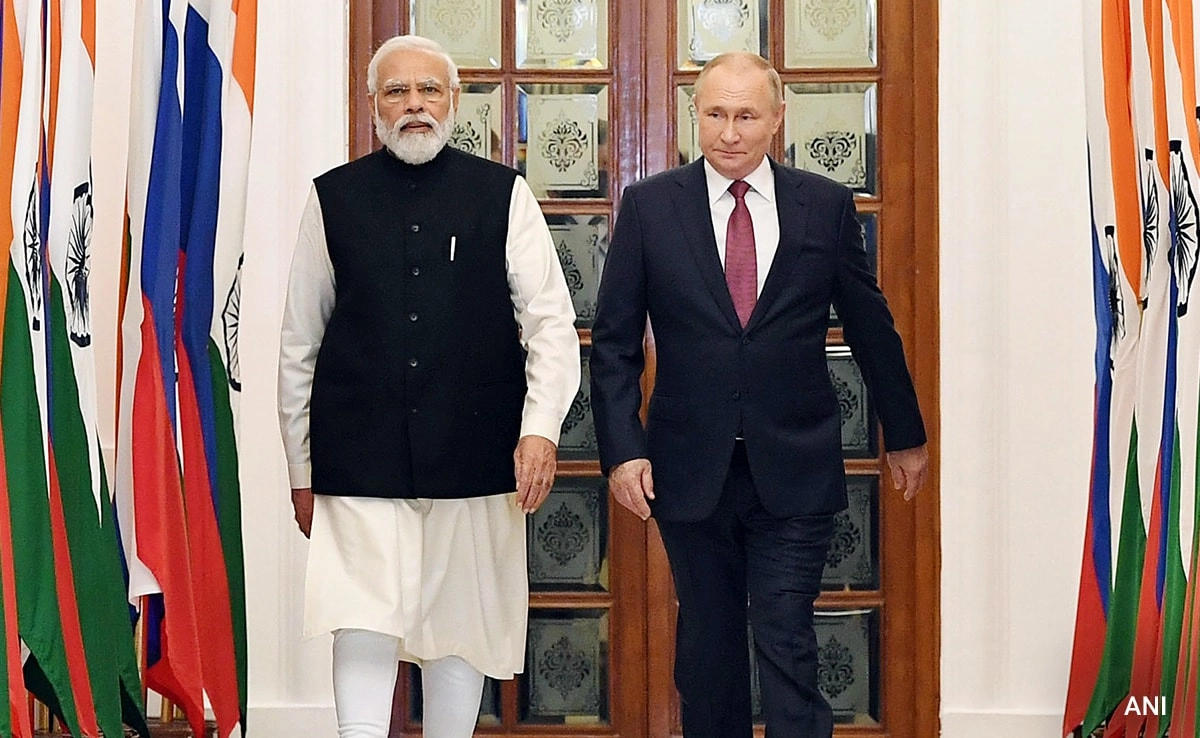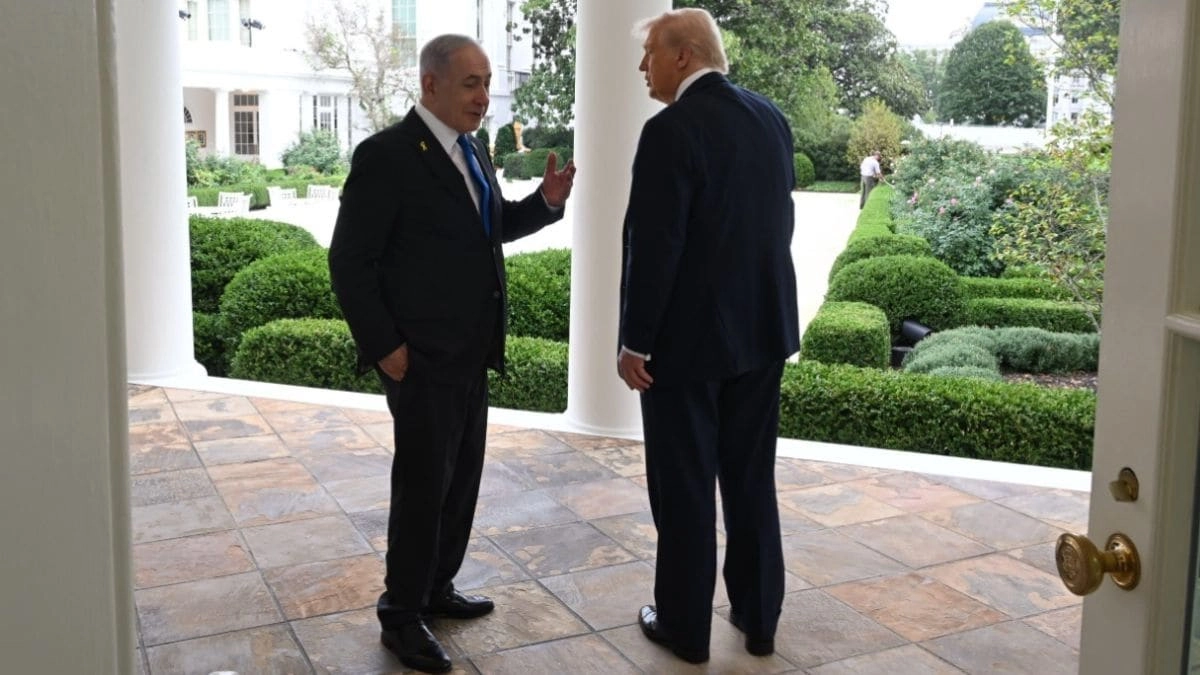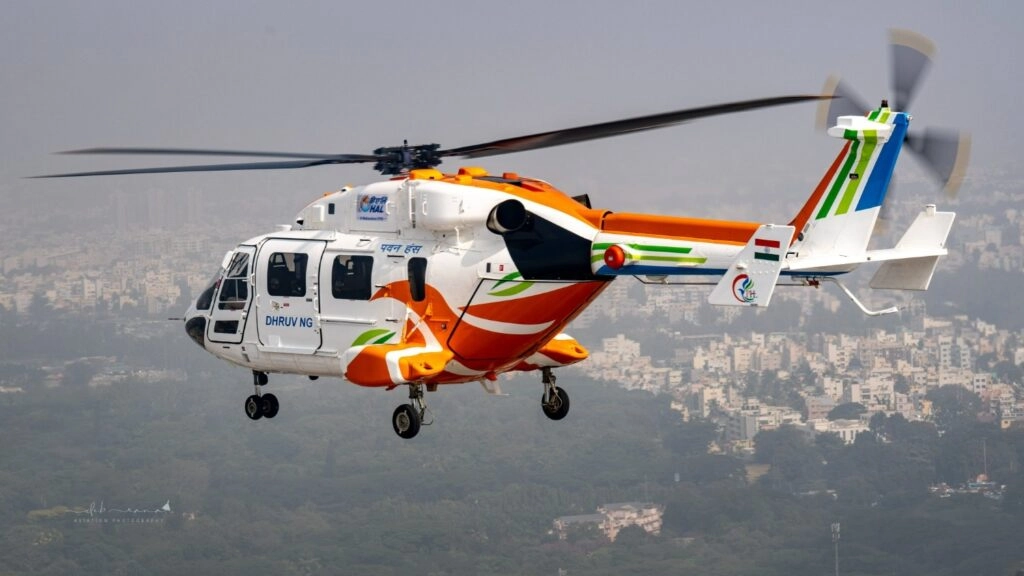In a significant development in international relations, Indian Prime Minister Narendra Modi and Russian President Vladimir Putin recently held a phone conversation focused on enhancing bilateral ties. The discussion comes at a time when global trade dynamics are shifting, particularly due to the ongoing tariffs imposed by the Trump administration on various countries, including India and Russia. Both leaders recognized the importance of fostering a robust partnership amid these challenges, and their dialogue underscores a mutual commitment to strengthening economic and strategic collaboration.
During the call, Modi and Putin explored ways to deepen cooperation across several sectors, including defense, energy, and technology. With geopolitical tensions rising and trade barriers becoming more pronounced, both leaders acknowledged that a close relationship could serve as a counterbalance to external pressures. India’s aspiration to bolster its defense capabilities aligns well with Russia’s position as a key supplier of military technology, while energy cooperation is vital for both nations, given India’s growing energy demands and Russia’s vast natural resources.
Furthermore, the conversation highlighted the potential for expanding trade and investment between the two countries, especially in light of the tariffs that have created uncertainties in global markets. Modi and Putin discussed the possibility of enhancing trade agreements and fostering joint ventures to mitigate the impact of these tariffs. This proactive approach reflects their shared vision for a multipolar world where both India and Russia can assert their influence and navigate the complexities of international trade more effectively.
In conclusion, the phone call between Modi and Putin signifies a pivotal moment in their countries’ diplomatic relations. As they confront external challenges together, their commitment to deepening ties not only strengthens their respective national interests but also contributes to greater stability in the region. The proactive dialogue between the two leaders serves as a reminder of the importance of collaboration in an increasingly interconnected world, where nations must work together to navigate the complexities of global trade and politics.




